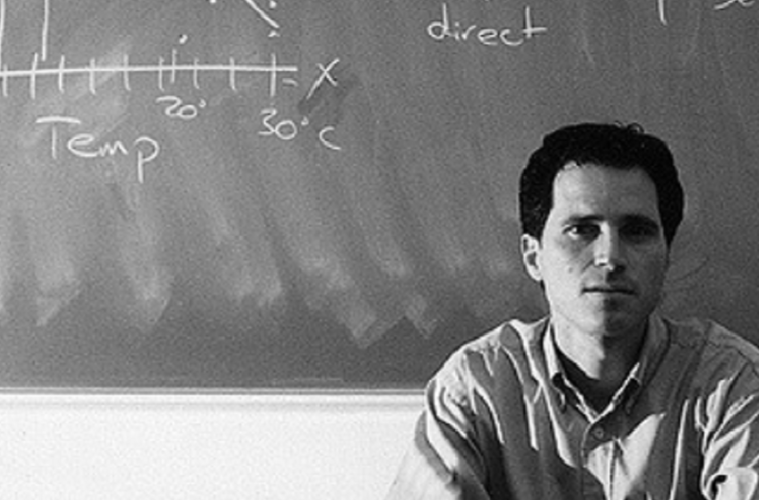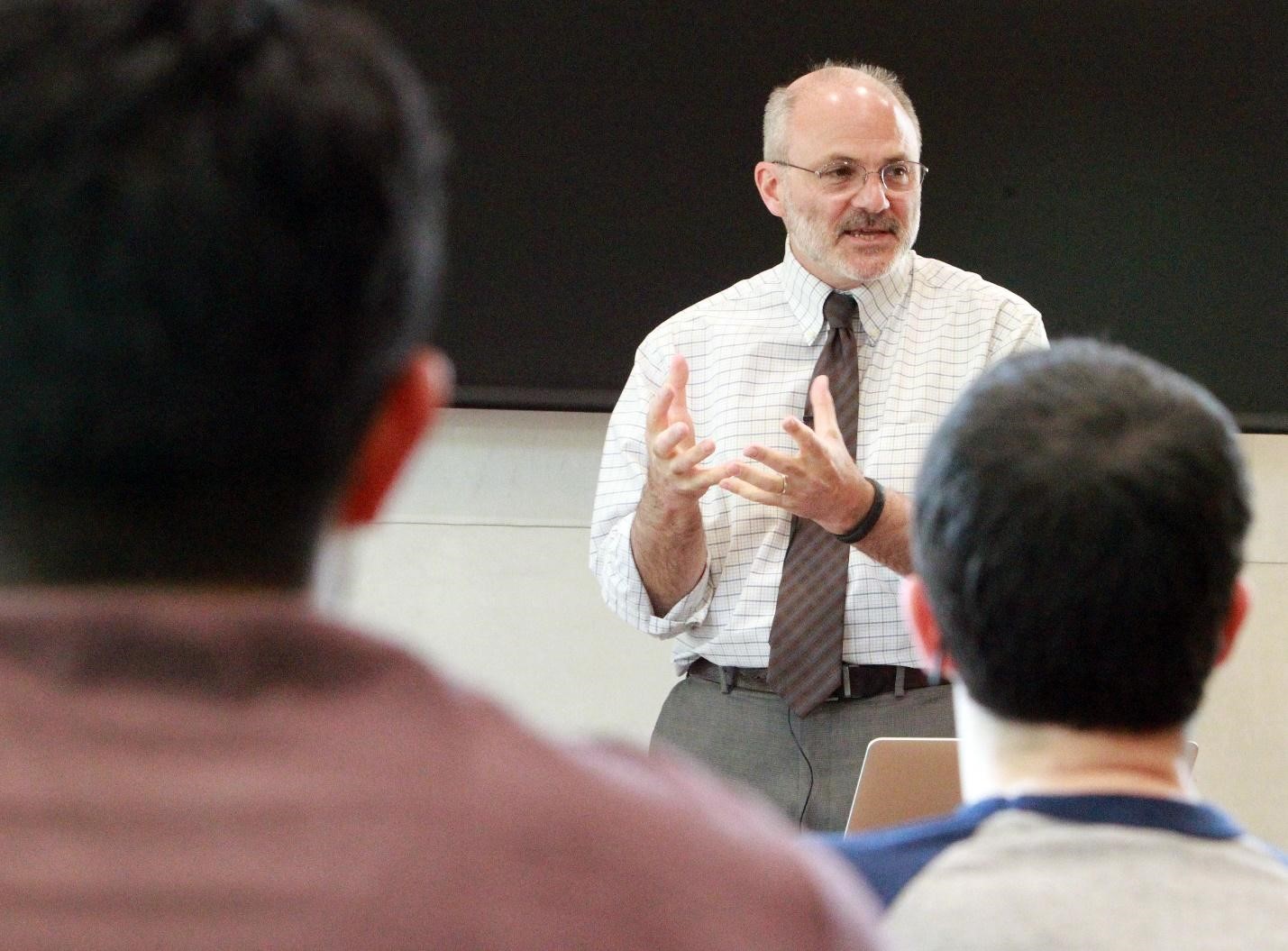The modern-day educational environment offers many challenges to teachers’ professional development. Technological advancements and a society that is marked by increasing global connectivity require that teachers of today be consistent problem solvers who are capable of recognising and weighing different perspectives.
It is crucial that teachers’ professional development instils the necessary skills needed in order to respond to the challenges of today’s educational contexts.
But what are the factors that affect advanced teachers’ professional development?
Factors that foster a teacher’s professional development
- Space and time for collaborative reflection
The value of sharing questions, concerns and ideas with students, colleagues and other professionals is an essential pathway for a teacher’s professional development.
Some teachers rely on gaining feedback from their team in order to respond to the changing demand of their profession. That along with critical conversations about their practice with colleagues and other professionals can help them solve the problem and challenge their own assumptions.
Structured dialogues help teachers gain a new perspective and idea from their colleagues while also reflecting on their own work.
- Students as professional collaborators for teachers’ professional development
Students also help in serving as a major source for collaboration. Building a relationship with their students, teachers can effectively respond to social and academic needs. By looking at students as partners in a collaborative reflection, teachers can also challenge their own assumptions.
By having deep conversations with students, teachers can better meet the needs of their students by looking for other resources and making necessary adjustments. By identifying the individual interests, needs, and strength of students, teachers can better tailor their instructions and boost their developments as teachers.
- Travelling to different places
Whether they are visiting schools in other countries or just going to another classroom down the hall, visiting a different educational space can help teachers gain new teaching strategies as well as providing new views in association to their own practice.
In some cases, travelling to other places can be a transformative experience. Teachers can have a broader idea of the academic world and even give them something to expand their own students – learning outside of the classroom walls.
- A lasting professional relationship
A core professional relationship with an educator can also become a factor in the development of teachers. By having someone they can fully trust and rely on during their teaching courses, teachers can ask the most challenging education concerns and questions and get an in-depth and experienced answer which can help them find a great solution to the problem.
A lasting professional relationship can help teachers seek support in areas where they feel most vulnerable and concerned, and help them navigate such complex situations with ease. Such relationship can help them resolve things and push toward overcoming obstacles to put their core values and teaching into practice.
Factors that deter teachers’ professional development
- Structural Obstacles
Structural issues such as the physical distance between classrooms or scheduling act as an obstacle to a good collaborative reflection. Additional collaboration deterrents are more related to the multiple demands on a teacher’s time which includes meetings, grading, paperwork, and bureaucratic duties which most often seem more pressing than critical reflection and collaboration.
- Hierarchical Mandates
Along with structural obstacles, hierarchical mandates also took the attention and time of teachers from potential professional growth opportunities. Usually, the discomfort of teachers with these mandates comes from a feeling that there are too many mandates that are irrelevant to the classroom and school contexts but also run against to the individualised, inclusive, and student centre approached which guides a teacher’s teachings.
For some, this model of teaching is meant to uphold the status quo and thus creating a friction between their daily task and their want to innovate to continue mastering and developing as a teacher.
Systematic challenges
Oftentimes, education systems are characterised by inadequate budgets, limited administrative capacity, and poor leadership. This means they are unable to provide teachers with working conditions, salaries or professional opportunities that one will find in other professions.
The system often lacks in qualified personnel who can help the teachers master content or even research as well as lacking incentives that can help encourage teachers in order to improve their practice.








